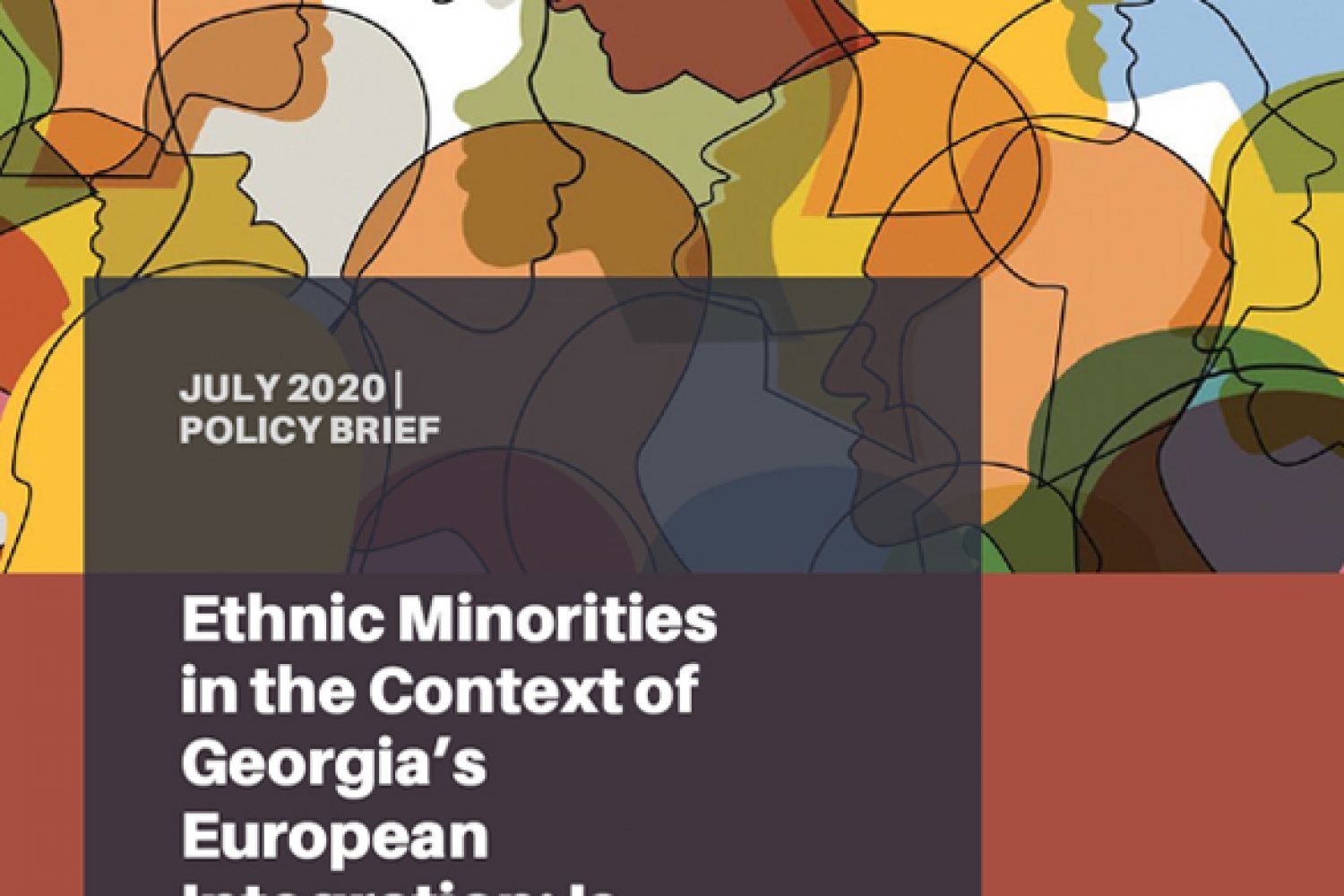2020-07-22 14:35:09
Ethnic minorities in Georgia maintain an ambivalent attitude towards European integration: on one hand, they value the practical improvements to their social and economic conditions which greater European integration promises. On the other hand, a majority of ethnic minority representatives feel skeptical towards European integration, which limits their engagement, including, by preventing various opportunities provided by the EU, such as visa liberalization, educational and economic programs.
In this context, it is interesting to examine what structural and value-based challenges prevent ethnic minorities from fully comprehending the EU integration process and whether or not it is possible to manage the skepticism towards EU integration. To explore the issue thoroughly Georgian Institute of Politics (GIP) conducted the research in the framework of which the relevant state institutions’ representatives, civil society members and experts have been interviewed. In addition, the given policy brief is based on the focus groups organized in the two regions with the ethnic minorities settlements – Kvemo Kartli and Samtskhe-Javakheti. Discussions have been taken place in six municipalities totally – Marneuli, Gardabani, Dmanisi, Akhaltsikhe, Akhalkalaki and Ninotsminda. The research illustrates the following major findings: attitudes towards EU integration vary depending on age, gender and social status. In addition, skepticism is mostly directed towards real perspective of Georgia’s successful EU integration, rather than the idea of Europe itself. Those attitudes are fueled by stereotypical perceptions of EU, and Russia, as a “historical partner”. These challenges make it difficult for ethnic minorities to fully comprehend European integration and therefore, prevents them from receiving benefits related to the process.




